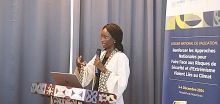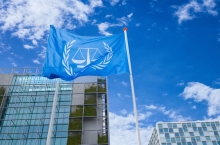Today the United Nations marks the third commemoration of the International Day for the Prevention of Violent Extremism as and when Conducive to Terrorism, providing an opportunity to highlight the essential and ongoing commitment of Member States, the United Nations system and all relevant global partners - including civil society, religious leaders, the private sector, academia and the media - to unite in common efforts against violent extremism conducive to terrorism.







